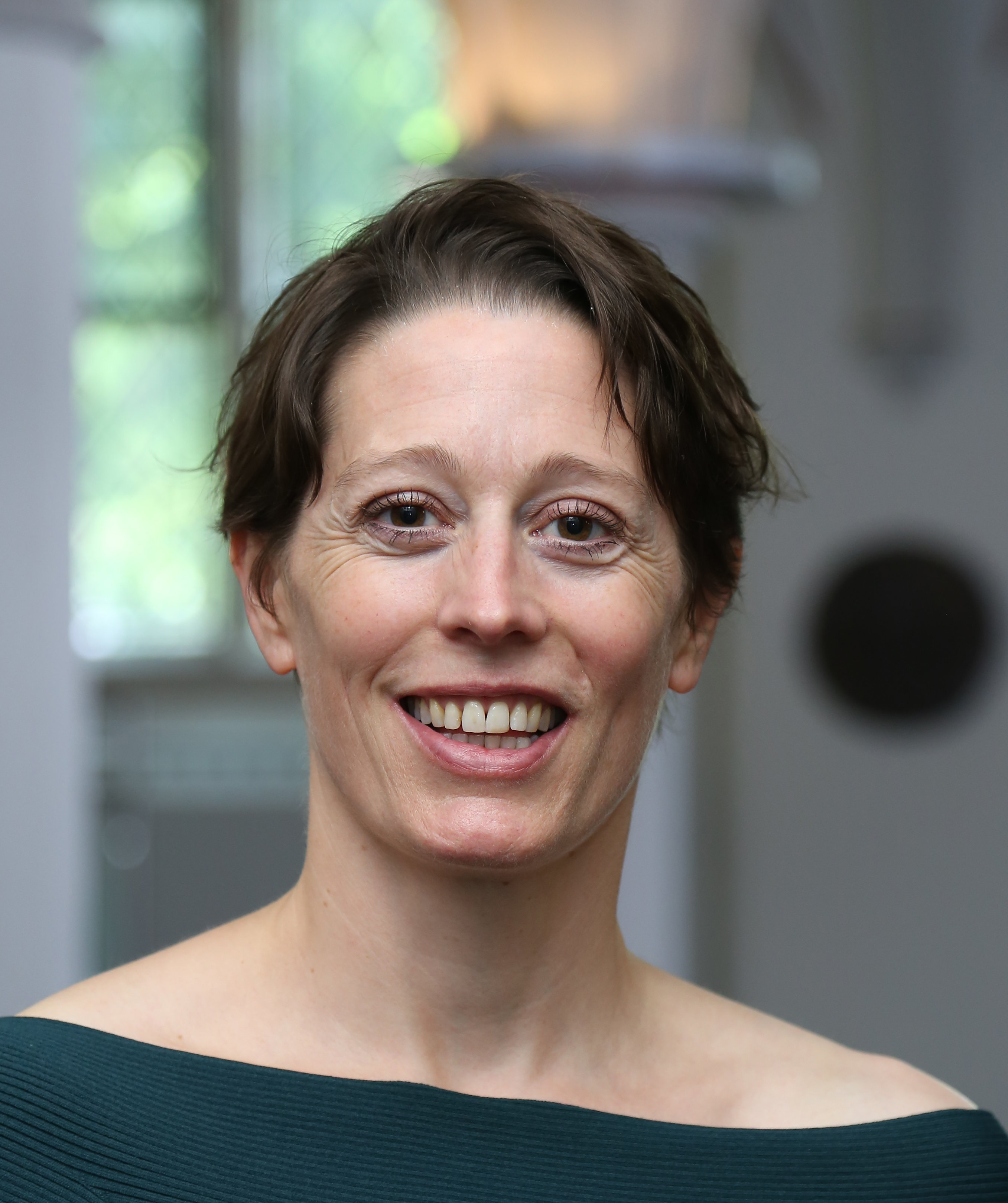Reflection as a core competency
Do the future engineers we educate meet the demands of our rapidly changing society? Are they equipped to deal with uncertainties and rapidly changing circumstances that are beyond their control? Can they collaborate and co-create with people from other disciplines to find solutions to complex problems? Are they able to continue to develop after university, to be critical and open to new and different insights?
According to colleague Pleun Hermsen, there is still a world to be won here and reflection is a key word. “To be able to educate the intelligent, responsible and cooperative engineer of the future, we need to ensure that self-reflection becomes integrated in the heads, hearts, and hands of our students, lecturers and programs”, she says passionately.
You cannot separate personal development from your development as an engineer; after all, you take yourself with you wherever you go. How nice would it be to do something about this personal development and at the same time increase the learning benefits of your studies.

The importance of personal development
Last year revealed a lot. Questions regarding personal development in our academic context have been relevant for a long time, however the corona situation increased its urgency.
Hermsen: "You cannot separate personal development from your development as an engineer; after all, you take yourself with you wherever you go. How nice would it be to do something about this personal development and at the same time increase the learning benefits of your studies. This synergy does not always come naturally, and it is too important to leave it to chance. Personal development is different for everyone and consists of so many different factors such as: dealing with uncertainty, perseverance, empathy, dealing with feedback.... Reflection is a core competence in all this. By transferring this skill into the heads, hearts, and hands of students, we give them a tool to develop themselves. If you are aware of what is going on with yourself, with the other, or in the process, you can see where things can be done differently or where there is space for you to grow. As a university, we can help students through this path to transition to the labour market."
Experience in education
"In my current role as (deputy) Programme Director of Clinical Technology & Technical Medicine at the Faculty of 3ME, I see the importance of reflection in the advancement of our students into professionals. in this new field. Students have plenty concrete examples of what a clinical technologist is, though without guidance they can’t answer the questions “Who am I, and what do I want in this profession?'."
"I also see the effects of lack of reflection in, for example, graduation, which leads to frustration, delay, and sometimes dropout of students. Graduation guidance on personal issues takes time and some supervisors simply have not been taught how, where, and when to use and teach existing tools for (self) reflection and process guidance. While this is exactly what could be very helpful to the student."
Challenge
Integrating reflection in our education is easier said than done. The context for learning reflective skills is complex. Factors such as authenticity, use of words, social safety, timing, and level of abstraction play an important role. Everything needs to be taken into consideration if you want it (reflection) to work out. So where to begin? In my opinion co-creating education with students and lecturers is a good start.
Change
As of October 1st Pleun will transition from her current position to the role as programme leader to fully dedicate herself to ‘The Reflective Engineer’ programme. Pleun wants to lay a foundation to embed reflection in TU Delft education with the programme she initiated, so we can educate the new generation of responsible engineers who can contribute constructively and cope with the challenges of our time. In doing so, she strongly emphasizes taking into account the workload, resources, and organizational capabilities. It should furthermore feel authentic to the lecturer. "Within the medical world, where I worked as a trauma surgeon, it is customary to use reflection for personal development, in dealing with others and the work, and learning from it. I have experienced the power of this both in myself and in colleagues. It energises me to be able to develop and customize this for our future engineers."
"My experience in the field of educational innovation and development, my understanding of the engineering mentality, and the competence to connect people and different worlds comes in handy here."
Together we can go further
“The experience I have in the field of reflection does not make me ‘the’ expert”, she says. "There are so many good things happening already in this area, within TU Delft and beyond, that are worthy of being made more explicit and being shared. Additionally, together with interested lecturers from different faculties we are starting to build. We align with current issues within the faculty, programme, or course, and design an intervention that seamlessly fits the context. We improve the educational innovation iteratively. Alongside, we look at whether there are other programs or courses where the innovation might be relevant, and customize the design to make it fit in that context. Through educational research, I want to generate knowledge on how to optimize reusing good practices.” Pleun invites lecturers and colleagues in the educational organization for a cup of coffee in the Teaching Lab to explore together how we can transfer reflection into the heads, hearts, and hands of our engineers.”
100 Days of Reflection
“I am very happy with the initiative '100 Days of Reflection' organized by TU Delft, 4TU.CEE and LDE-CEL to share knowledge, practices and projects, readings and publications. Reflection is still a broad theme, a hazy cloud with many different elements. It is valuable to get more clarity and a shared idea about it during the next 100 days - now until the end of the year. The white paper that will be shared at the end of the 100 days - summarising the lessons learned, considerations, and research - will help us to continue working together in the field of reflection.”
Next steps
Pleun's mission receives financial support through the National Programme for Education (NPO) and has also been recognized by the Comenius Network, which has awarded her a Teaching Fellowship. Pleun wants to use the funds she received this year, as a Comenius Teaching Fellow, for her teaching proposal to use reflection as a way to enable personalized graduation counselling using a Ludo didactic-based Serious Game. Curious about how this game can make a difference and about upcoming developments within the Reflective Engineer program? Pleun will provide an update as part of the 100 Days of Reflection initiative. Keep an eye on the Teaching Academy website and agenda for more information.

